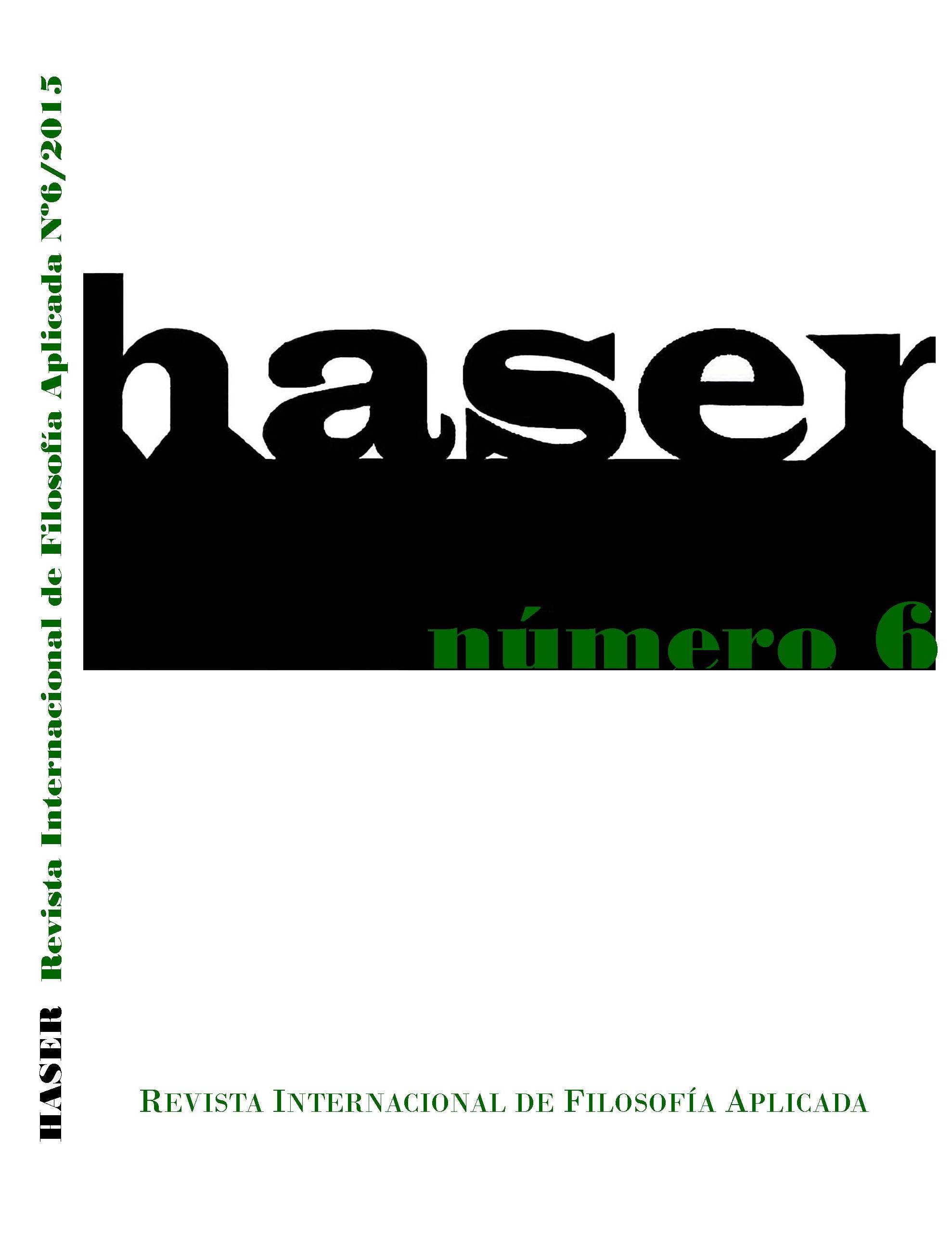INFLUENCIAS FILOSÓFICAS Y CRÍTICA A LA TEORÍA FREUDIANA DEL HOMO NATURA EN LA PSIQUIATRÍA ANALÍTICO-EXISTENCIAL DE LUDWIG BINSWANGER
Resumen
Ludwig Binswanger (1881-1966), psiquiatra suizo, es conocido por ser el fundador del denominado «Análisis Existencial» en psiquiatría, «Psiquiatría Existencial» o «Psiquiatría Analítico-existencial». La fenomenología de Husserl, el análisis de la existencia de Heidegger y la filosofía dialógica de Buber calaron hondo en Binswanger, constituyendo las bases filosóficas de su doctrina analítico-existencial, la cual opuso al reduccionismo fisicalista y mecanicista del psicoanálisis freudiano y a la concepción puramente científico-natural de la enfermedad mental. Se desarrollan algunas implicaciones para la Práctica Filosófica, con fundamento en una concepción no reduccionista, no determinística, relacional y dialógica del ser humano.
Descargas
Descargas
Publicado
Cómo citar
Número
Sección
Licencia
Los autores/as que publiquen en esta revista aceptan las siguientes condiciones:
1. Los autores/as conservan los derechos de autor y ceden a la revista el derecho de la primera publicación, con el trabajo registrado con la licencia de atribución de Creative Commons, que permite a terceros utilizar lo publicado siempre que mencionen la autoría del trabajo y a la primera publicación en esta revista.
2. Los autores/as pueden realizar otros acuerdos contractuales independientes y adicionales para la distribución no exclusiva de la versión del artículo publicado en esta revista (p. ej., incluirlo en un repositorio institucional o publicarlo en un libro) siempre que indiquen claramente que el trabajo se publicó por primera vez en esta revista.
3. Se permite y recomienda a los autores/as a publicar su trabajo en Internet (por ejemplo en páginas institucionales o personales) antes y durante el proceso de revisión y publicación, ya que puede conducir a intercambios productivos y a una mayor y más rápida difusión del trabajo publicado (vea The Effect of Open Access).


